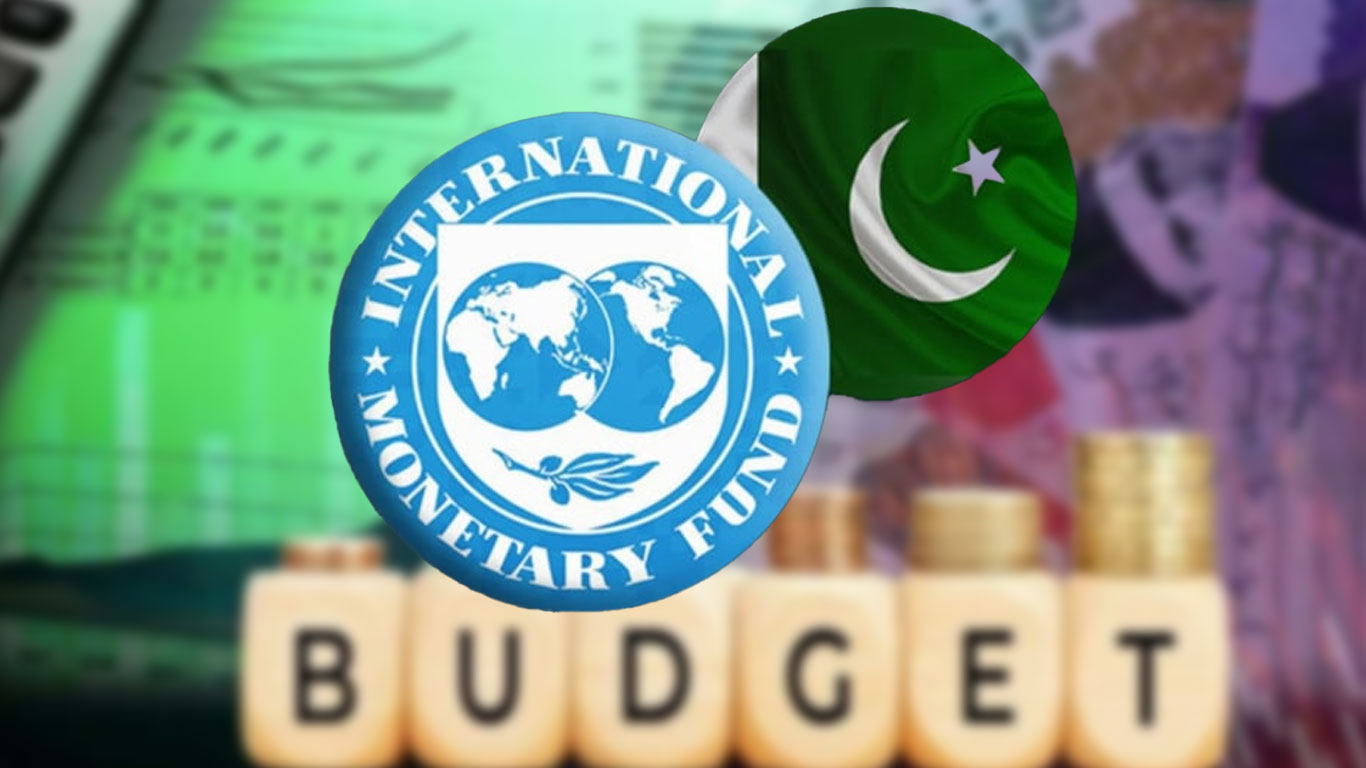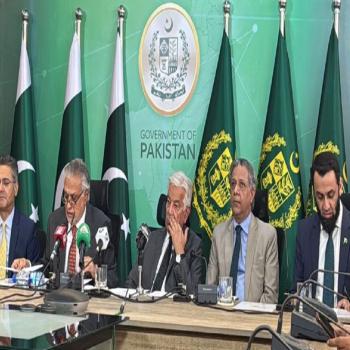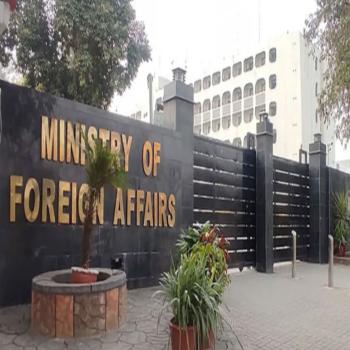With Pakistan preparing for key budget negotiations with the International Monetary Fund (IMF), the Prime Minister Shehbaz Sharif administration is contemplating wide-ranging tax reforms that will potentially affect a broad section of people, ranging from pensioners to fuel consumers and small retailers.
Reports indicated that talks between Pakistan and the IMF are likely to begin next week, with the government sealing a series of proposals to widen the tax base and raise revenue in the fiscal year 2025-26.
One of the most contentious proposals is the abolition of tax breaks for high-income pensioners, a dramatic policy change that would impact thousands of retired government workers. The government will also bring on board retailers, wholesalers, and other sectors to the formal tax base, cutting years of tax evasion in those mostly untaxed markets.
In addition, the budget is likely to include a new carbon levy of Rs5 per litre on petrol and diesel, a measure being considered under the Climate Financing Programme. The act is intended to raise revenues as well as respond to environmental concerns. The new finance bill will include the carbon tax, and the ambit and details of its implementation will be decided in the IMF negotiations.
Moreover, reports confirmed that tax exemptions for new and existing Special Economic Zones (SEZs) are on the chopping block. Incentives for new economic and export processing zones will be scrapped, while existing benefits for SEZs will be gradually phased out by 2035.
Under close scrutiny by the IMF, the Ministry of Finance and the Federal Board of Revenue (FBR) are putting in round-the-clock efforts to complete these reforms. Once effected, these far-reaching reforms are likely to remake Pakistan's economic map—collecting more revenue, supporting sustainability, and making the tax system fairer.
With the IMF watching closely, the Ministry of Finance and the Federal Board of Revenue (FBR) are working around the clock to finalise these reforms. If implemented, these sweeping changes are expected to redefine Pakistan’s economic landscape—bringing in more revenue, promoting sustainability, and ensuring a more equitable tax system.






